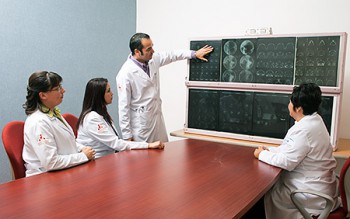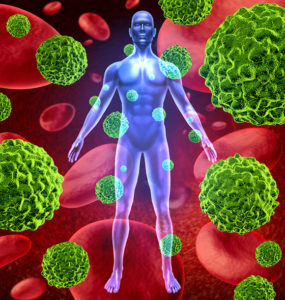
Urine samples can be used to detect a wide range of conditions such as diabetes, pregnancy and drug abuse. Researchers are now working on developing a urine “sniff test” that can help reduce the number of unnecessary prostate cancer biopsies.
Diagnosing Prostate Cancer
Among men in the United States, cases of prostate cancer are second only to skin cancer. Approximately one in seven men will require cancer treatment for the disease at some point in their lifetime.
One of the signs of prostate cancer is an elevated blood level of prostate-specific antigen (PSA). Unfortunately, unrelated conditions can also cause high PSA levels, so a biopsy is necessary for a specific diagnosis.
The Nose Knows
A study showed that dogs could smell the presence of volatile organic compounds (VOCs) in the urine of men with prostate cancer at 98 percent accuracy, prompting a team at Indiana University-Purdue University Indianapolis to investigate further.
After collecting urine samples from 100 men undergoing prostate biopsies and neutralizing the pH to prevent degradation, the team discovered that a particular set of VOCs was present in 90 percent of the men who were diagnosed with prostate cancer but absent in the men who were cancer-free.
The researchers plan to validate their findings with a large-scale study and comparison to the results with dogs. If all goes well, they project that a version of the sniff test will be available for clinical use within a few years.
Personalized Cancer Treatment at Issels®
Our individually developed immunotherapy programs are based on special testing to identify your particular needs. Contact us for more information.





